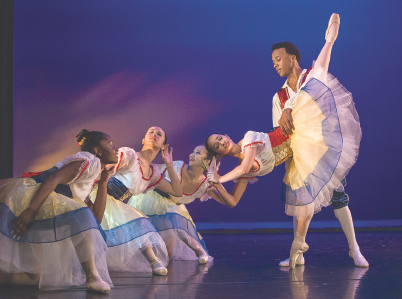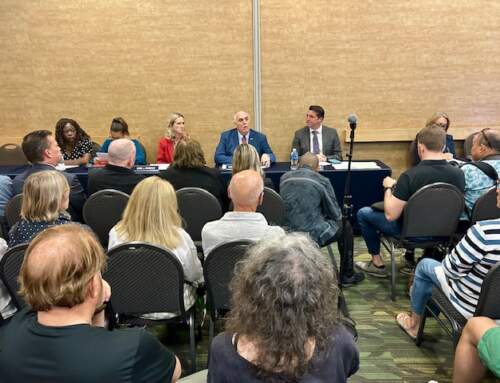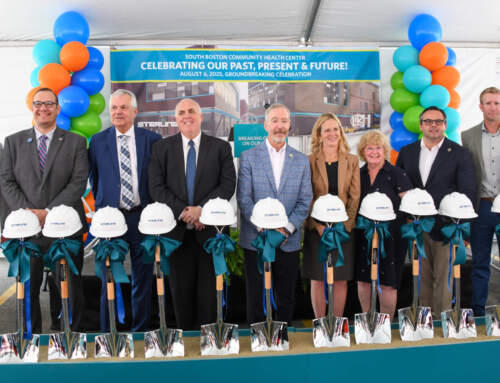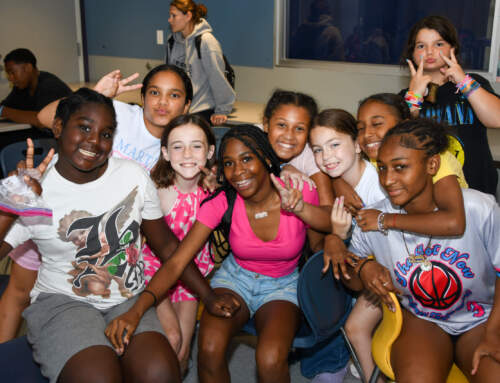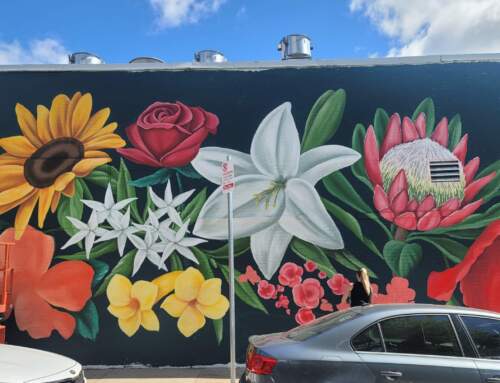Boston Arts Academy is one of only 20 schools from across the country to receive recognition as a “School of Opportunity,” a coveted national designation honoring excellent public high schools that engage in practices that build on students’ strengths and create supported learning opportunities for all students.
“Boston Arts Academy’s innovative approach to curriculum and student support
particularly stood out to the national team of reviewers,” said Carol Burris, School of Opportunity project co-director.
The National Education Policy Center (NEPC), based at the University of Colorado Boulder, sponsors the Schools of Opportunity project, which identifies excellent public high schools that actively strive to close opportunity gaps — the differences in opportunities and resources that drive the well-known achievement gaps.
“Schools play a key role in a student’s life and learning, and we should hold up excellent schools as exemplars,” explains Kevin Welner NEPC director and project co-director.
Students’ learning arises from more than just what happens in school. Research suggests that about one-third of variance among students’ test scores can be attributed to schools, with the remainder likely due to poverty-related factors. Because schools play this important but not controlling role in measured learning, the Schools of Opportunity project rejects the idea that test scores identify the nation’s best schools.
“We instead offer an alternative way of assessing school quality—one that focuses on the day-to-day practices that schools choose to use,” said Welner. “We call attention to research-based practices to support all students and their teachers, thereby creating engaged and successful learning environments.”
Applications went through four levels of screening by review teams comprised of researchers, teachers, policy makers and administrators, who looked at school practices that fell into categories, such as create and maintain healthy school culture; broaden and enrich school curriculum; use a variety of assessments designed to respond to student needs; and support teachers as professionals.
With a large economically disadvantaged population, Boston Arts Academy enrolls student who had limited access to arts education prior to enrollment. The school leverages interest in the arts to provide a strong academic program that builds self confidence along with talent. Unlike many public schools for the arts, the academy does not use test scores, grades or attendance to determine admittance and it deliberately builds diversity. As part of a lengthened school day, students attend academic classes and 2.5 hours of daily arts classes. In addition, they spend evening and weekend hours rehearsing for performances or preparing for exhibitions. As a full-inclusion school, Boston Arts Academy is committed to serving the needs of all students.
“The arts have the power to transform lives,” says Headmaster Anne R. Clark. “For many students, including students who struggle academically or suffer from social/emotional issues, the arts are a pathway to success. The arts develop creativity, critical thinking skills, self-discipline, perseverance, and the ability to work collaboratively. At Boston Arts Academy, we push students to take creative risks and to use the arts to advocate for causes they believe in.”
For more information about the Schools of Opportunity project, including descriptions of all recognized schools, visit opportunitygap.org.

